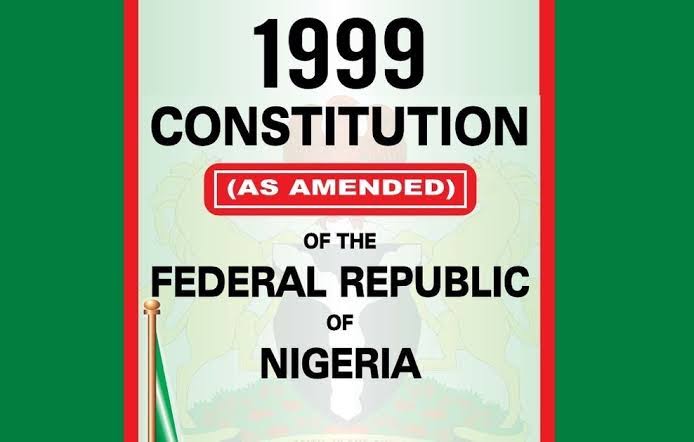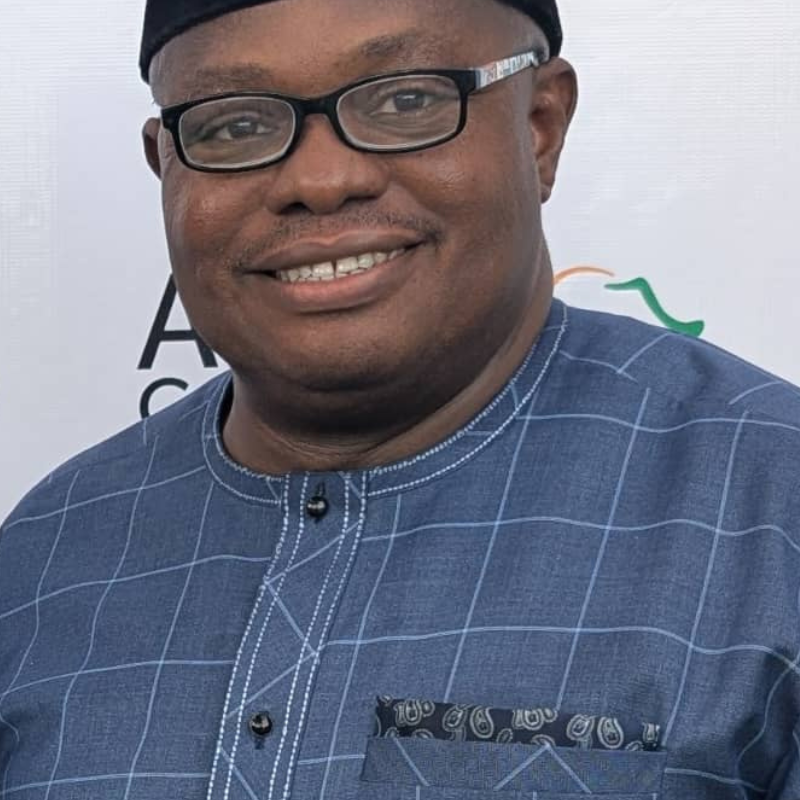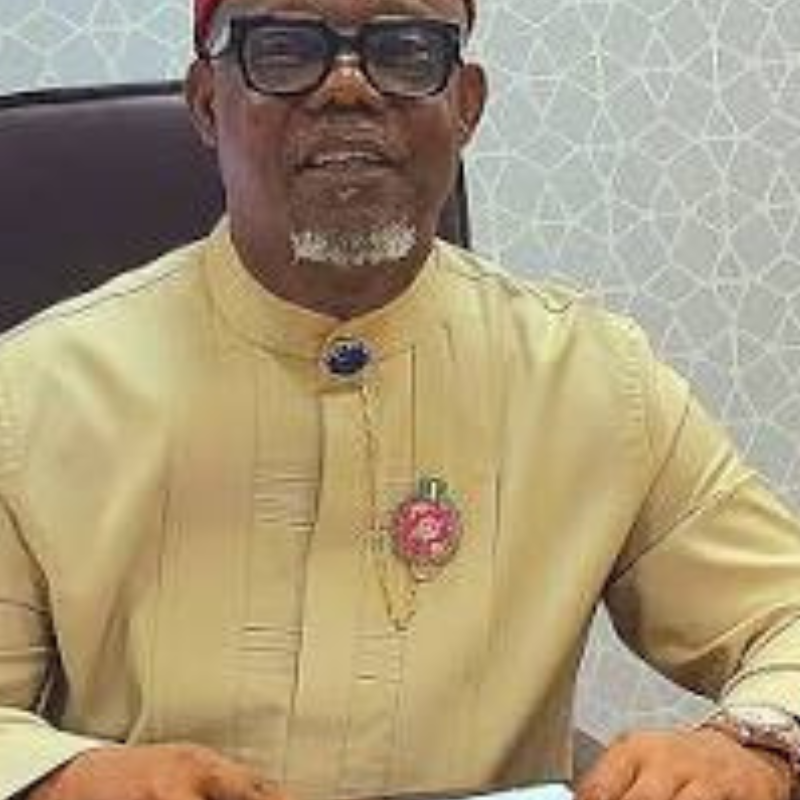In Nigeria, the 1999 Constitution, originally a military decree has long been criticised for its centralised federalism, weak local governance structures, and insufficient protection of citizens’ rights.

The senate has commenced a series of public hearings aimed at reviewing the 1999 Constitution (as amended), beginning this Friday with the south-west zonal session in Lagos.
This critical exercise, which is being coordinated across five of the six geopolitical zones, is designed to allow Nigerians contribute meaningfully to the ongoing national conversation around constitutional amendments.
Issues under consideration include the creation of new local government areas, establishment of state police, and comprehensive electoral and fiscal reforms.
The north-west zonal hearing, originally scheduled to take place simultaneously with others, has been postponed due to the passing of Alhaji Aminu Alhassan Dantata, a renowned Kano-based businessman and philanthropist.
What is constitution review and why is it important?
Constitutional review refers to the process of amending, updating, or reforming a country’s constitution to reflect current realities, improve governance, promote inclusiveness, and strengthen democracy.
In Nigeria, the 1999 Constitution, originally a military decree has long been criticised for its centralised federalism, weak local governance structures, and insufficient protection of citizens’ rights.
The review process, spearheaded by the national assembly, often involves collecting public opinions through memoranda, public hearings, and consultations with stakeholders across different sectors and regions.
These inputs guide the drafting of constitutional amendment bills, which must pass through a rigorous legislative process, including approval by two-thirds of both federal and state legislatures, before they can become law.
Senate hearing venues across zones
The public hearings are organised under the Constitution Review Committee of the 10th senate, which was inaugurated on February 14, 2024. The 45-member committee is chaired by Deputy Senate President Barau Jibrin, with Senate Leader Opeyemi Bamidele serving as Vice Chairman and Zonal Chair for the South-West.
READ ALSO: Senate sets up 43-member panel for 1999 Constitution review
The scheduled venues for the zonal hearings are as follows:
- North-Central – Crispan Hotel, Rayfield, Jos
- North-East – Mohammed Indimi International Conference Hall, University of Maiduguri
- South-East – International Conference Centre, Independence Layout, Enugu
- South-South – Four Points by Sheraton, Ikot Ekpene, Akwa Ibom
- South-West – Watercress Hotels, Ikeja, Lagos
- North-West – Postponed (originally set for Bristol Palace Hotel, Kano)
At the south-west hearing in Lagos, Sen. Bamidele said the event is a vital opportunity for citizens, civil society groups, and other stakeholders to engage directly with lawmakers on reform proposals that could reshape Nigeria’s political and socio-economic landscape.
Key proposals under consideration
Sen. Bamidele disclosed some of the key proposals under consideration which includes;
1. State Police and Security Reforms:
A prominent proposal seeks to amend the constitution to allow for the establishment of state police forces or other state-level security agencies. This aims to decentralise policing and improve internal security across the federation. A related proposal calls for the creation of a state security council to advise governors on public safety matters.
2. Tinkering the legislative lists:
Another critical proposal seeks to move key subjects such as labour, industrial relations, minimum wage, and interstate waterways from the exclusive legislative list to the concurrent list. This shift would enable both the federal and state governments to legislate on these issues, thereby enhancing the autonomy of state governments.
Bamidele said “there is a proposal bill to transfer control of interstate waterways from the exclusive legislative list to the concurrent legislative list, thereby granting both the federal and state governments the power to legislate on matters relating to shipping and navigation on interstate waterways.”
3. New states and local government areas:
Proposals have also been made to ensure each local government area is directly represented in the state legislature, aimed at improving equity and access to democratic dividends. There are also 18 requests currently before the committee for the creation of additional local government areas.
In total, the senate according to Bamidele has received 31 separate proposals for the creation of new states, 6 from the north-west, 8 from the north-central, 5 from the south-east, 6 from the north-east, 6 from the south-south, and 4 from the south-west.
Bamidele further revealed that seven requests for the creation of new local government areas had been received from north-west; five from north-central, one from north-east; three from south-south; one from the south-east and one from south-west
4. Electoral Reforms:
Under electoral matters, the committee is examining proposals to allow for independent candidacy, enabling qualified Nigerians to contest elections without party affiliation. There are also demands for diaspora voting rights for Nigerians living abroad.
5. Fiscal reforms and budgetary discipline:
Proposals include shortening the timeframe within which the president or governors can withdraw funds from the Consolidated Revenue Fund in the absence of an appropriation act from six months to three months. Another reform seeks to set clearer timelines for the presentation of the national and state budgets to their respective legislatures. There is also a push for a revised derivation formula that accounts for revenues generated from sources other than natural resources.
6. Political Party Reforms:
The senate committee is also reviewing a bill that would require political parties to internally resolve all pre-election disputes before approaching the courts. This is intended to reduce the burden on the judiciary and ensure internal party democracy.
What comes next?
Following the conclusion of the zonal public hearings, the senate committee will collate all submissions and draft amendment bills for legislative consideration. These bills must then be passed by both chambers of the national assembly and receive the approval of at least 24 out of Nigeria’s 36 State Houses of Assembly before becoming part of the Constitution.
The senate leadership has repeatedly stated that this review is not merely procedural but is aimed at fundamentally strengthening Nigeria’s federal structure, improving governance efficiency, and enhancing citizen participation in democracy.




